In our Early Years Foundation Stage (EYFS) we meet the needs of all of our children through an engaging and challenging curriculum that allows children to ignite their love for learning. We believe that children are more engaged when they have a choice in their learning and so our daily timetable includes many opportunities for exploration and play.
Through play, children learn many new skills such as: risk taking; self-regulation, fine & gross motor skills; problem solving; communication and much more. Our EYFS policy explains our pedagogy and approaches to teaching and learning within EYFS in more detail.
In the Early Years Foundation Stage (EYFS) at Kestrel Mead our aims are to…
• support children to make a planned, confident transition from home to school
• provide a happy, caring, safe and secure environment for learning
• plan learning experiences that meet the individual needs and interests of the children through a balanced provision of adult led and child initiated opportunities
• support children to become competent and confident learners so they are able to reach their full potential
• provide a broad and balanced high quality curriculum in line with the Early Years Foundation Stage guidance
• foster positive home school links with parents and other care providers.
At the end of Early Years Foundation Stage teachers complete end of year profiles for each child in their class. The profiles outline whether a child is ‘emerging’ or ‘expected’ within each of the seven areas of learning within the EYFS Framework. Details about these areas of learning can be found here: The areas of the EYFS. Children are assessed within each of these areas of learning against the Early Learning Goals, and further information about development and progress towards these goals can be found here: Development Matters – Non-statutory curriculum guidance for the early years foundation stage (publishing.service.gov.uk)
As an EYFS team and effective role models, we provide high quality interactions in order to develop and deepen the children’s learning opportunities. We deliver our curriculum through a balance of adult-led and child-initiated activities based on the EYFS Framework 21 & children’s interests.
Through high-quality interactions and an engaging provision we strive to ensure that all children develop their Characteristics of Effective Teaching & Learning:
- playing and exploring – children investigate and experience things, and ‘have a go’
- active learning – children concentrate and keep on trying if they encounter difficulties, and enjoy achievements
- creating and thinking critically – children have and develop their own ideas, make links between ideas, and develop strategies for doing things
Please follow this link for further information: Characteristics of effective teaching and learning
Curriculum:
Maths is taught through our adult inputs x4 times a week, 1x small guided group and through weekly enhancements within our classroom environments. We teach a Mastery Based approach written with reference to the NCETM. More details on the NCETM can be found here: Early Years | NCETM
Spotlight
Trips and Enrichments
Please see our Knowledge Organisers for:




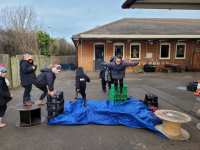
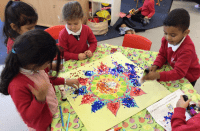


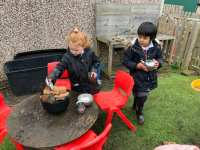





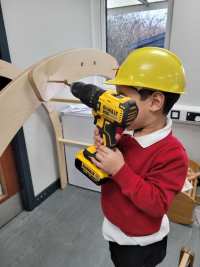

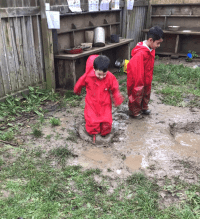


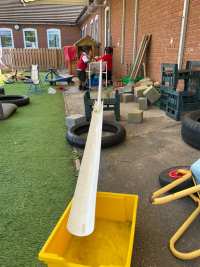
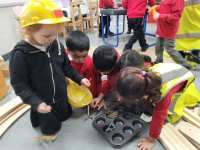









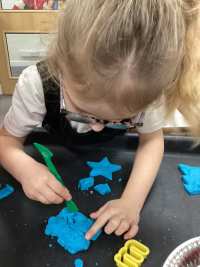


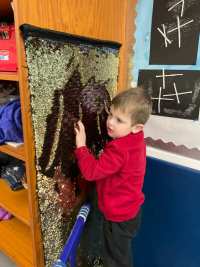



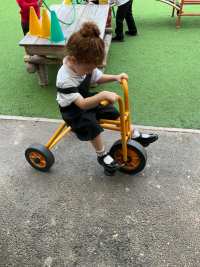

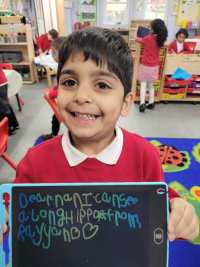
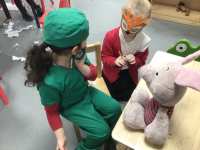

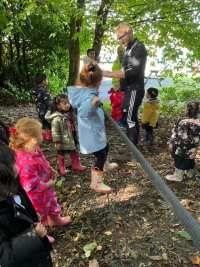




 Be The Best That You Can Be
Be The Best That You Can Be